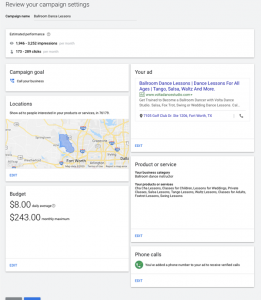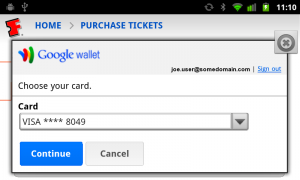We all have reputations, whether or not we’re aware of it, but do you know that your company has a reputation too? In fact, there’s a chance that your organization has multiple reputations: a reputation for product and services, a reputation for customer service, and even a reputation for your hiring process and practices. That reputation can influence the types of applicants you’ll get.
 The internet has opened the floodgates for information to be exchanged about anyone and anything at any time. Just look at websites like Rate My Professor to see a perfect example of this in academia – university students can go on and search through a database of thousands of college professors, find theirs, and see what other students have said about that professors teaching style, lesson planning, and class difficulty. With this information in hand, the student can decide whether or not they want to bother taking a class from this professor, dictating their class schedule as well as the professor’s ability to fill his or her own courses.
The internet has opened the floodgates for information to be exchanged about anyone and anything at any time. Just look at websites like Rate My Professor to see a perfect example of this in academia – university students can go on and search through a database of thousands of college professors, find theirs, and see what other students have said about that professors teaching style, lesson planning, and class difficulty. With this information in hand, the student can decide whether or not they want to bother taking a class from this professor, dictating their class schedule as well as the professor’s ability to fill his or her own courses.
This is one of many examples at how information exchanged online can influence outcomes. Now, turn that lens away from university classes and focus it on candidates looking for information at a company they have applied or are considering applying to. A candidate will research a company to not only learn what the company does, but also what other employees have experienced while they were working at that company (both positives and negatives), as well as what the hiring process will be like – from interview questions and answers, to the different steps they’ll need to take. Consider a website like Glassdoor, which acts as an index for company reviews from both an employment aspect (reviewing things like company culture, salary, and work expectations) and a hiring aspect (reviewing interview questions, the various steps an applicant will have to take, as well as what their experiences with the process was like) and you’ll have a good idea of what these websites are like.
Now, consider back to the university example where a student decides not to take a class with a professor because of what he or she read on Rate My Professor and reapply it to a job seeker looking for work: the job seeker goes online and reads about a company on Glassdoor. What they find could influence their decision to apply to a company. If they see positive experiences, they’ll be more inclined to apply, and vice versa. In other words, some of the best job candidates out there will use these resources to decide whether or not they want to even consider applying to an organization.
While there’s no sure-fire way to control what former job candidates and employees will say about your organization online, there are ways to ensure that negative experiences are considered abnormal. One effort your organization can make is to measure candidate experiences to see what’s positive and what’s negative about the overall hiring process from the candidate’s eyes, and use that information to help improve the job application experience. Another is to use any negatives you might find on these sites and use them as part of your evaluation process to improving your hiring process – “keeping your finger on the pulse” as they say.
Being aware of what is being said about your hiring process will not only help improve the process where needed, it will also help you understand what information your candidates are seeing before they apply to you. Your digital reputation can help or hurt your talent acquisition efforts, so make sure you’re keeping an eye on what’s being said.
(200)
Report Post




